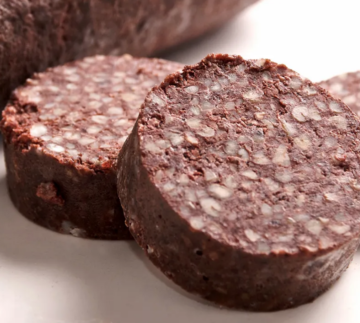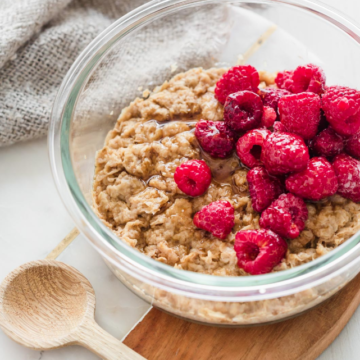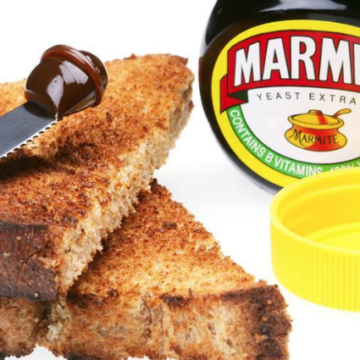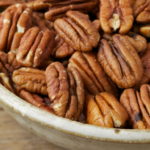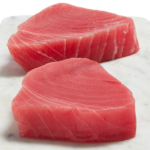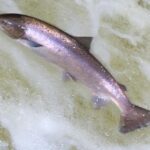Popcorn is a popular snack for many people, but can dogs eat it? The answer is yes, but there are a few things you should know before you feed your pooch this popular treat. Although popcorn is not strictly a dog food, it does have many nutritional benefits. This article will discuss the possible health risks and benefits of popcorn in your dog’s diet. Continue reading to find out whether popcorn is safe for dogs!
what is popcorn?
Popcorn kernels are made up of the starchy endosperm of a plant, which is surrounded by a flinty outer hull and bran. Inside the kernel, a small droplet of water resides. When heated, this water turns into steam and creates pressure within the hull, causing the popcorn to pop. The moisture from the kernel causes the hull to rupture, releasing the starch inside the kernel.
Popcorn grows to be approximately eight feet tall and has long, green leaves. It needs 18-24 inches of water to grow well. Popcorn grows by spreading out the seed, which absorbs moisture that is rich in nutrients. As the seed grows, the root system of the plant absorbs this moist, nutrient-rich water and forms a tiny popcorn kernel. Pollen is a yellowish powder that the plant uses to create energy. The green chlorophyll in the leaves combines with carbon dioxide in the air to form sugar, which the plant uses to build more roots, leaves, and eventually popcorn ears. The process is called photosynthesis.
Popcorn is a versatile snack that is nutritious and full of nutrition. Popcorn fans across the globe enjoy it sweet or salty, and air-popped popcorn is high in nutrients. One cup of air-popped popcorn has 31 calories, one gram of protein, six grams of carbohydrates, and trace amounts of fat. Americans consume 14 billion quarts of popped popcorn every year, an average of 43 quarts per person. But how healthy is popcorn?
Popcorn lung is a rare but potentially fatal condition caused by a chemical commonly found in popcorn and other food products. People exposed to this chemical may be more susceptible to developing popcorn lung than those exposed to other sources of toxins. It can also lead to nicotine addiction. And in some cases, victims have received compensation for their injuries. One man, 32 years old, was awarded $20 million for suffering from popcorn lung after he was exposed to diacetyl.
Popcorn is native to the Western Hemisphere. Archeologists have found remnants of a human-made crop as far back as 3600 BC. Despite its relative young age, many historians consider it to be the first corn known to humans. Popcorn was also introduced to settlers in the Americas during the Great Depression, when it was inexpensive to buy and sell. The popularity of popcorn has continued to grow and become a staple food for millions of people.
nutritional benefits of popcorn to a dog’s diet?
Adding popcorn to a dog’s diet is one of the easiest and most delicious ways to add fiber to their diet. Popcorn is made of small corn kernels, which expand when heated, making for a satisfying snack. The kernels also contain a wide variety of important vitamins and minerals. Plain popcorn is also healthy for most dogs’ digestive systems. Its high fiber content is another benefit.
When it comes to adding popcorn to a dog’s diet, it’s best to stick with air-popped varieties, which contain no salt or butter. Popcorn is also high in fiber, which is beneficial for the digestive system. It also contains some iron and B vitamins. While it may not seem like a big health benefit, adding popcorn to a dog’s diet can help prevent obesity.
Buttered popcorn contains butter, which is unhealthy for dogs. A dog’s stomach can become upset by butter, which can also cause diarrhea and vomiting. Also, dogs cannot clean their teeth properly if they eat unpopped kernels. They may even develop a tooth infection if they get stuck in their teeth. Make sure to remove the popcorn kernels and discard them properly. Moreover, adding popcorn to a dog’s diet is not safe for dogs with sensitive stomachs.
Aside from being a good source of fiber, popcorn also contains essential vitamins and minerals. Vitamin B, phosphorus, zinc, iron, and magnesium are all important for a dog’s health. However, these amounts are insufficient to have a major effect on their health. Dogs may benefit more from adding doggy multivitamins to their diet. It is better to make your dog’s diet rich in these vitamins and minerals than to limit it to just one type of snack.
While adding popcorn to a dog’s diet can be beneficial for your pup’s diet, you should keep in mind that it can cause problems when eaten in excess. Overfeeding popcorn could cause high blood pressure or other serious ailments. Even if it isn’t harmful to dogs, it should not be fed to an unsupervised dog. If your dog does consume too much popcorn, you should call your veterinarian as soon as possible.
is your dog’s health at risk?
The added sugar and chemicals in popcorn are poisonous to dogs. Added flavors such as caramel and cheddar cheese can also harm a dog’s system. This is not worth the risk. Instead, give your dog healthy alternatives. Popcorn is high in fiber and low in fat, so it’s a good source of energy. However, if you’re looking to add a fun treat to your dog’s diet, popcorn is not the best choice.
Unpopped popcorn kernels can get stuck in your dog’s teeth. They can cause irritation, pain, and gum disease. If your dog eats too much popcorn, he or she may suffer from gastrointestinal upset or vomiting. It is important to take your dog to the vet if you notice any of these symptoms. It’s also best not to give your dog popcorn with seasonings on it.
Popcorn chips are a great source of calories, but dogs can choke on them. They may also get stuck in their teeth. Always supervise your dog’s popcorn consumption and never leave it unattended. However, if you do leave some popcorn kernels on the couch, your dog will probably not mind. In fact, the experience can be a bonding time for both of you.
But what about the popcorn hulls? If your dog eats popcorn with hulls, it could lead to kidney damage and even pancreatitis. Moreover, excessive salt intake combined with poor water intake can lead to hypernatremia, a potentially fatal condition. This condition is rare, but dangerous. If your dog has a severe case, contact a veterinarian immediately.
Air-popped popcorn is safe for your dog, but do not add sugar, butter, or seasonings to it. Popcorn is high in calories, and it may cause gastrointestinal upset. Even if air-popped popcorn is safe for humans, it’s not the best choice for your dog. However, popcorn with seasonings or a lot of sugar is bad for your dog’s digestive system.
is popcorn good for dogs?
While popcorn is a safe food for dogs, it can be dangerous if it’s over-consumed or covered in toxic ingredients. Whether popped or unpopped, it can cause vomiting, diarrhea, and even pancreatitis. If your dog eats popcorn that’s coated with salt, sugar, or butter, it can cause severe gastrointestinal upset. Also, if your dog eats unpopped kernels, they could suffer a tooth infection or have bad breath. A veterinarian is the best option in such a case.
However, there are a few exceptions. Air-popped popcorn is not harmful for dogs, but the toppings on it can be toxic. Also, while popcorn contains some vitamins and minerals, it isn’t nutritionally beneficial for dogs. Popcorn is a source of magnesium, phosphorus, zinc, fiber, protein, and some B vitamins, but it’s not a healthy snack. And if you must share your popcorn with your dog, always remember to take the proper precautions.
While plain popcorn isn’t healthy for dogs, it’s a safe snack for your dog. It contains nutrients that dogs need, such as dietary fiber. But keep in mind that these benefits are only possible in small quantities. Make sure you buy unsweetened, air-popped popcorn for your pet. You can also make popcorn for your dog specially for their dietary needs. Moreover, you can prepare plain popcorn for your pet using special dog food ingredients.
Adding seasonings or toppings to your dog’s popcorn can make it even more dangerous. Fortunately, there are plenty of dog-safe flavors available. Some varieties even contain probiotics and prebiotics, which are beneficial to the digestive system of dogs. Additionally, there are special varieties of popcorn for dogs that are low in fat and sodium. These variants are a healthy and convenient alternative to conventional dog treats. As with any snack, moderation is the key.
Nevertheless, you should watch for symptoms of gastrointestinal upset or dental disease. If you think your dog is suffering from dental problems, do not feed them popcorn. A handful of popcorn is sufficient for a medium-sized dog. If you’re unsure, consult a veterinarian. Make sure you monitor your dog regularly and do not give too much or too little. If your dog eats too much popcorn, you’ll be risking their health.


